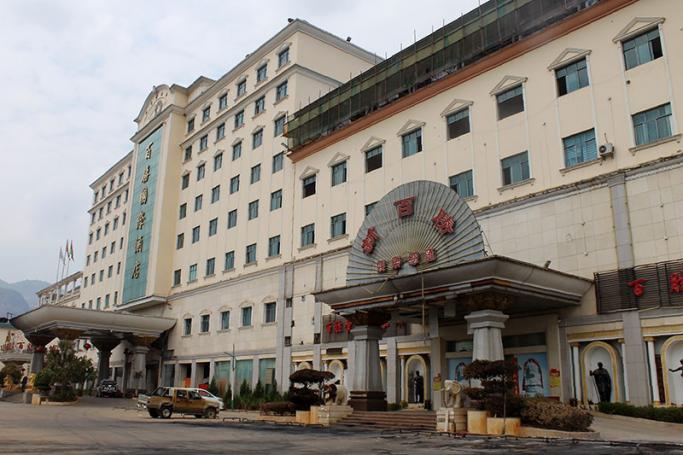China's recent involvement in resolving the Rohingya issue highlights Sino-Myanmar cooperation, and could pave the way for the Belt and Road initiative, analysts said.
China's Special Envoy on Asian Affairs, Sun Guoxiang, is in Bangladesh and has met with officials of that country's Ministry of Foreign Affairs, Geng Shuang, spokesman of China's Ministry of Foreign Affairs, said Wednesday when asked if China has offered to help mediate the Rohingya issue.
Myanmar has been facing tremendous pressure over the Rohingya issue. It has been accused of the "ethnic cleansing" of Rohingya Muslims.
Earlier this month, a senior Myanmar government official denied the ethnic cleansing of Rohingya Muslims in the northwestern state of Rakhine, where a military operation has forced 75,000 people to flee to Bangladesh, Reuters reported.
China hopes the Rakhine issue can be settled through dialogue and communication, Lu said.
"As the neighbor of Myanmar and Bangladesh, as well as a country with greater global influence, China could serve as a mediator to keep the neighboring areas stable," Gu Xiaosong, head of the Institute of Southeast Asian Studies at the Guangxi Academy of Social Sciences, told the Global Times.
Meanwhile, China's involvement is also the result of a shift in Myanmar's foreign policy towards China, Liu Yun, an analyst on Myanmar issues, said.
"While the Rohingya issue is outside China's territory or border, the region is geographically connected with China's Belt and Road initiative," Liu said.
A consortium of six foreign companies led by China's CITIC has won the rights to build an industrial park and a deep-sea port in the Kyaukpyu Special Economic Zone in Rakhine state. A 2,806-kilometer-long natural gas pipeline, running from Kyaukpyu to China, has transferred 3.4 billion cubic meters of gas to a gas branch company as of October 2016.
You are viewing the old site.
Please update your bookmark to https://eng.mizzima.com.
Mizzima Weekly Magazine Issue...
14 December 2023
Spring Revolution Daily News f...
13 December 2023
New UK Burma sanctions welcome...
13 December 2023
Spring Revolution Daily News f...
12 December 2023
Spring Revolution Daily News f...
11 December 2023
Spring Revolution Daily News f...
08 December 2023
Spring Revolution Daily News f...
07 December 2023
Diaspora journalists increasin...
07 December 2023
Reuters says Myanmar held journalists for probing Rohingya massacre












